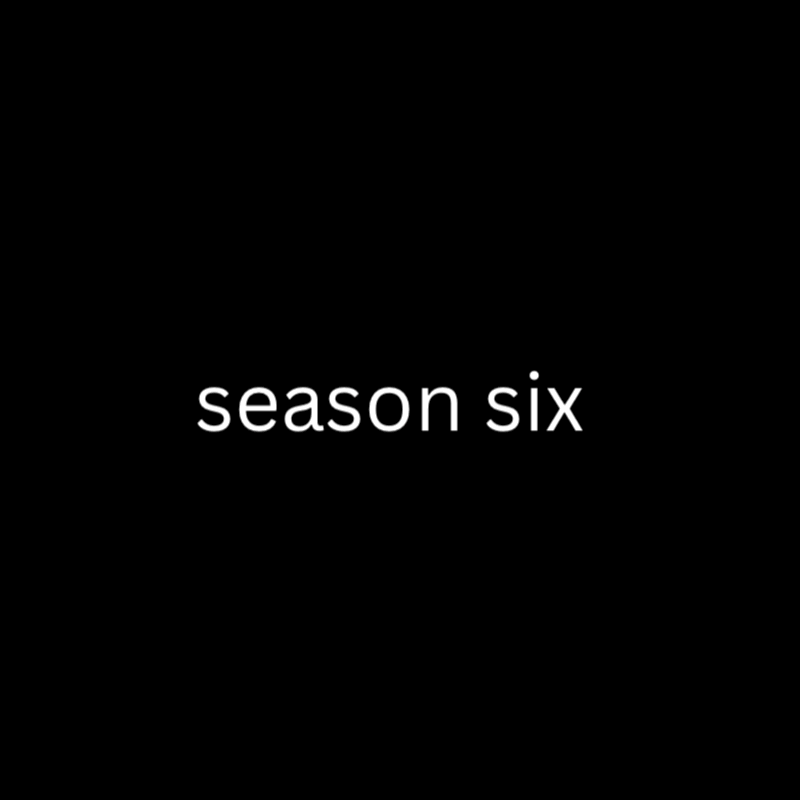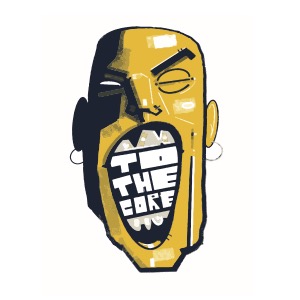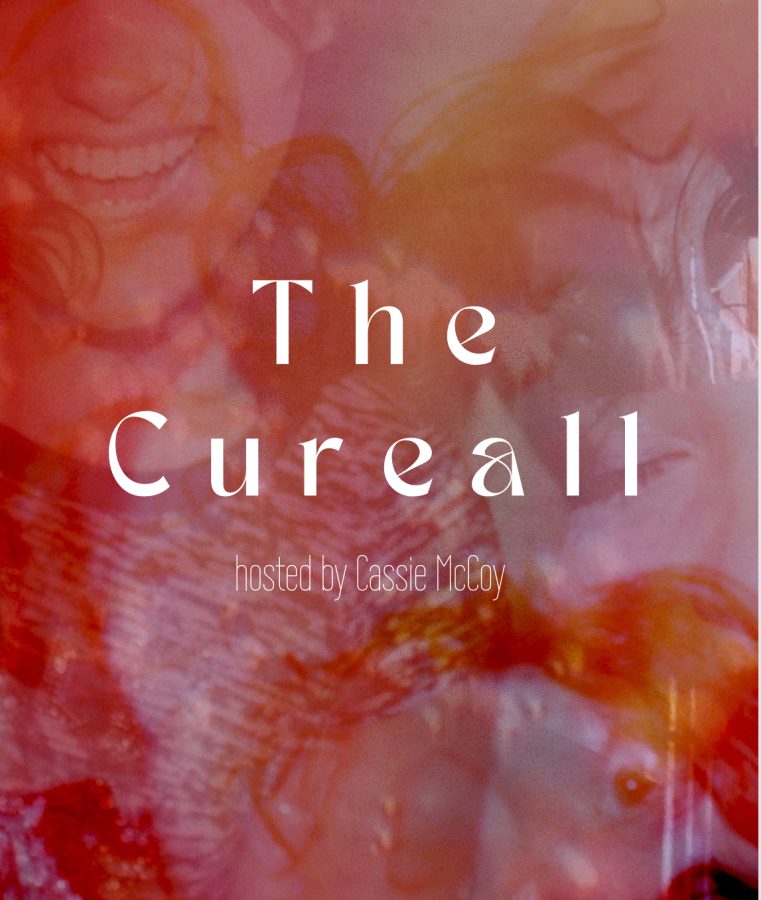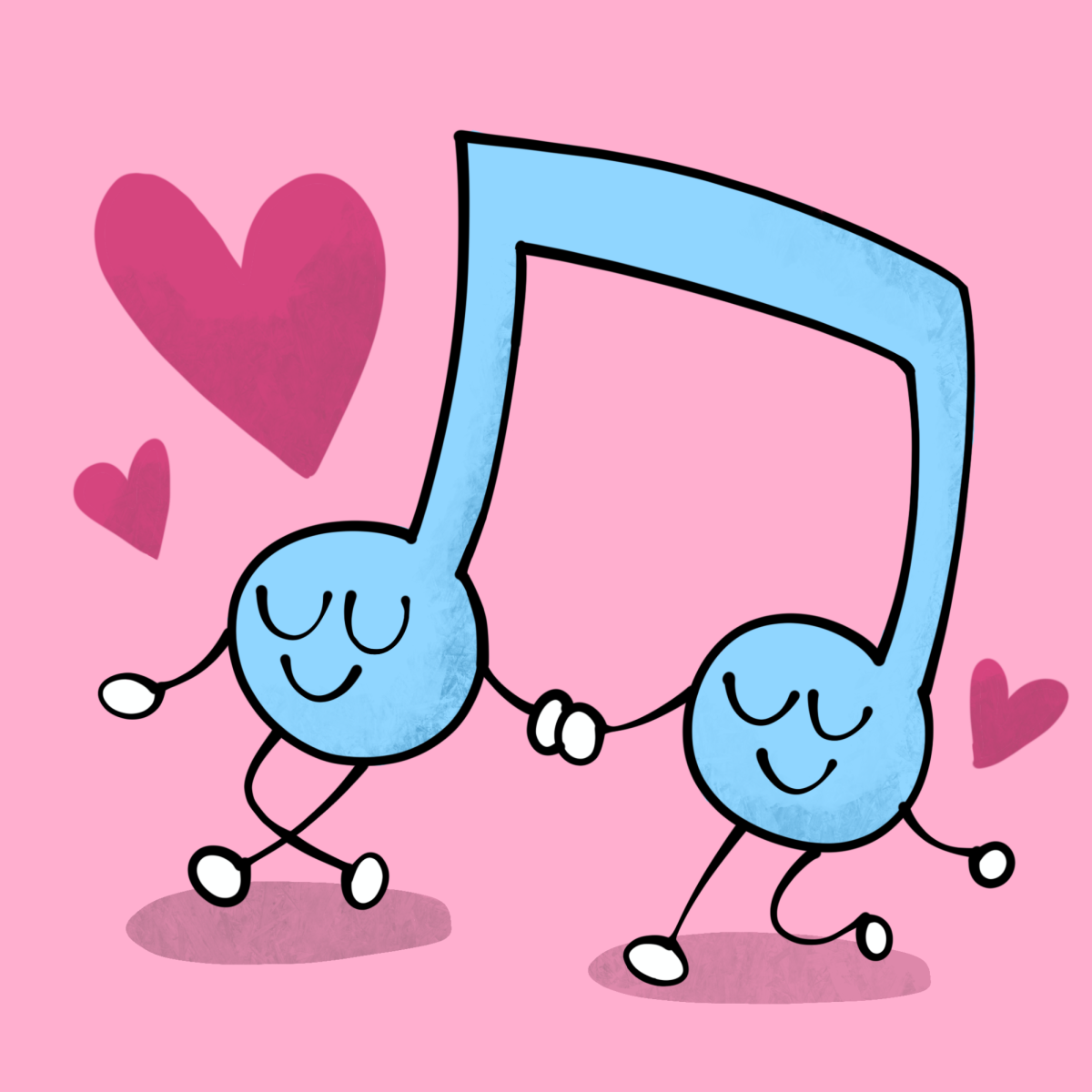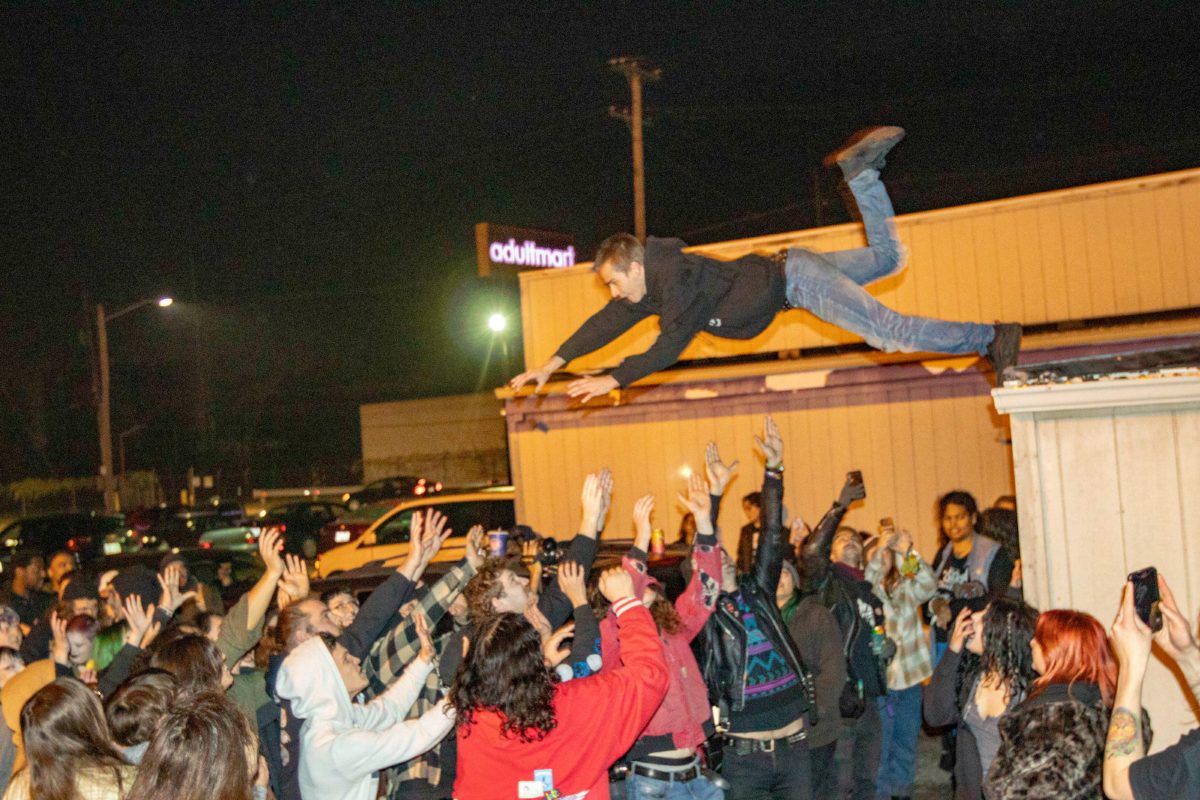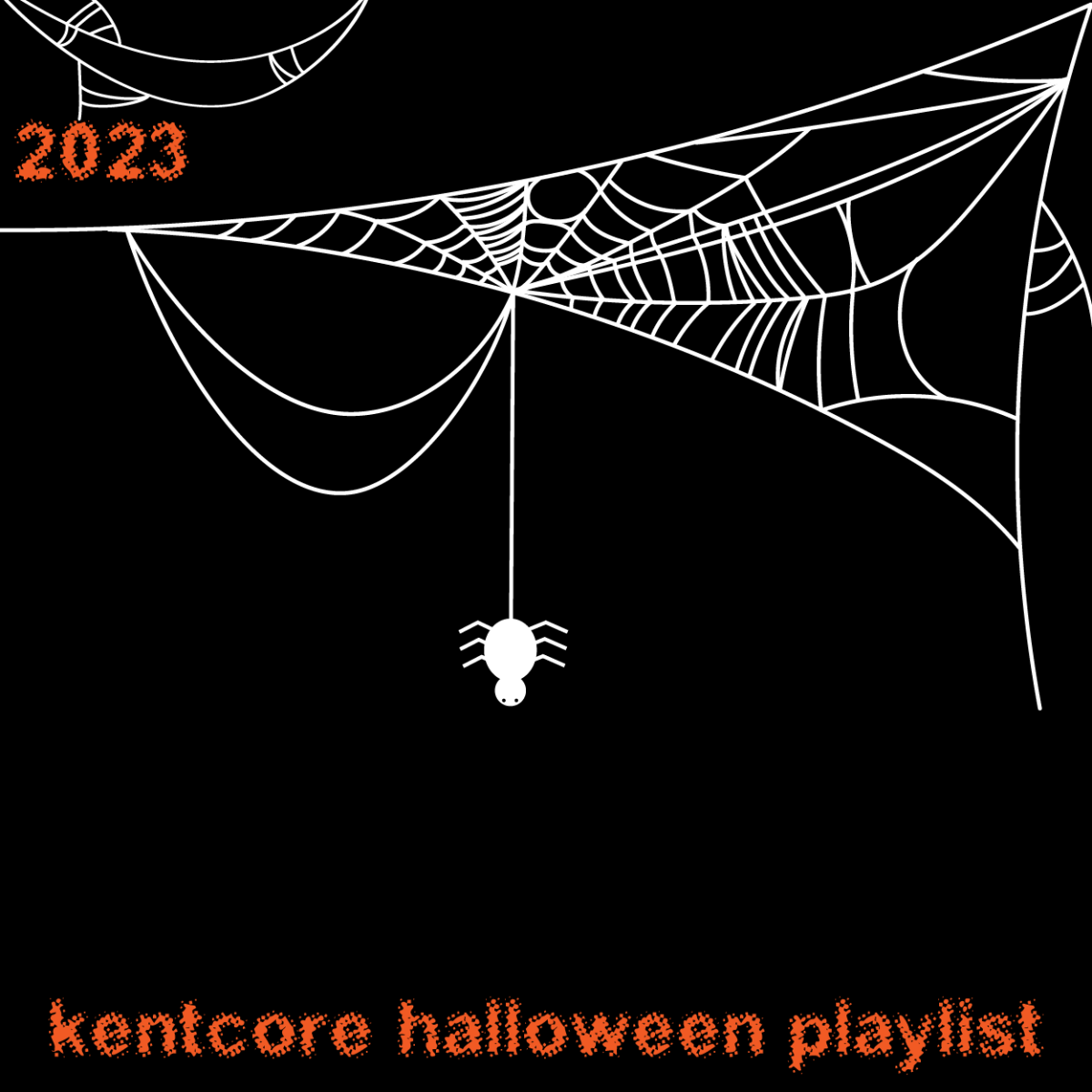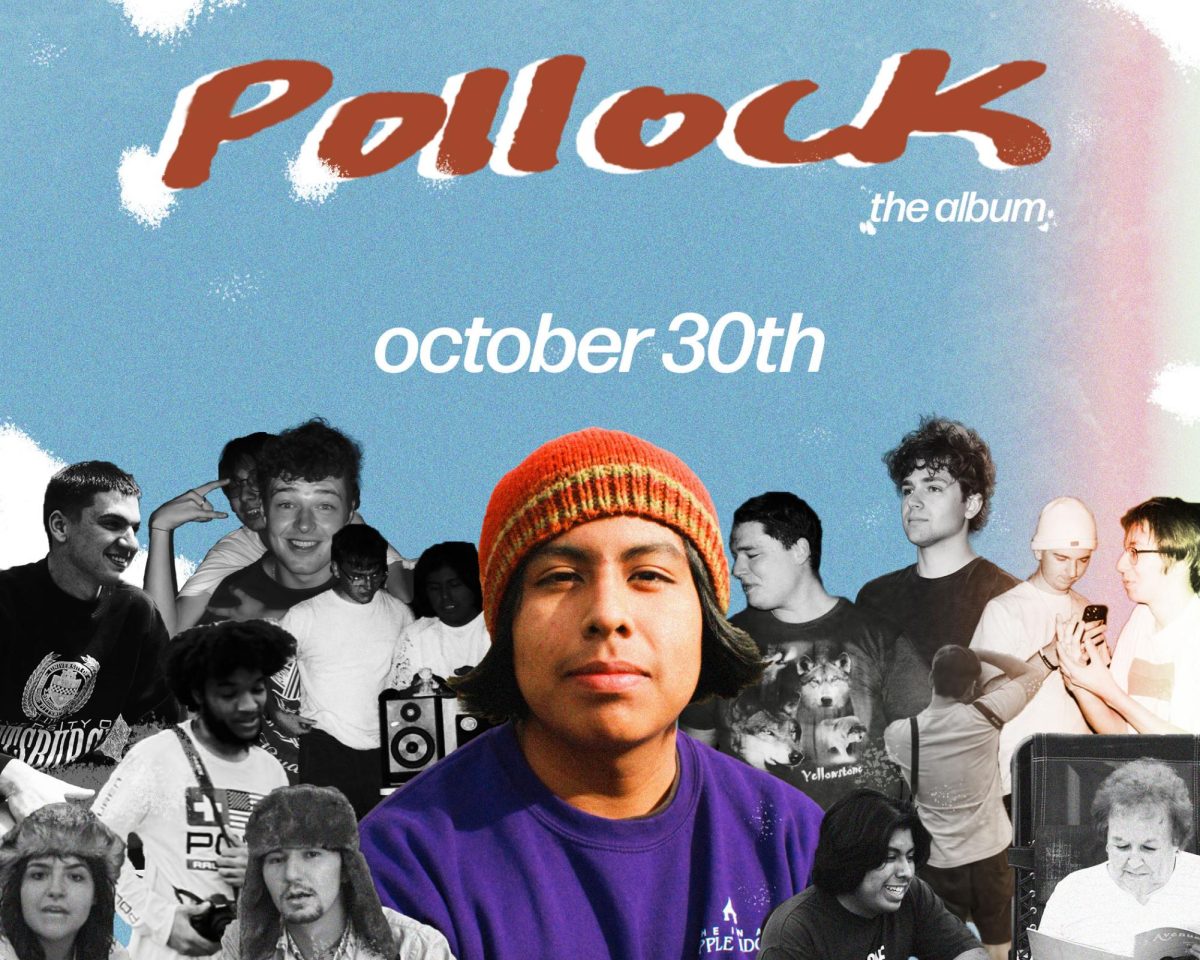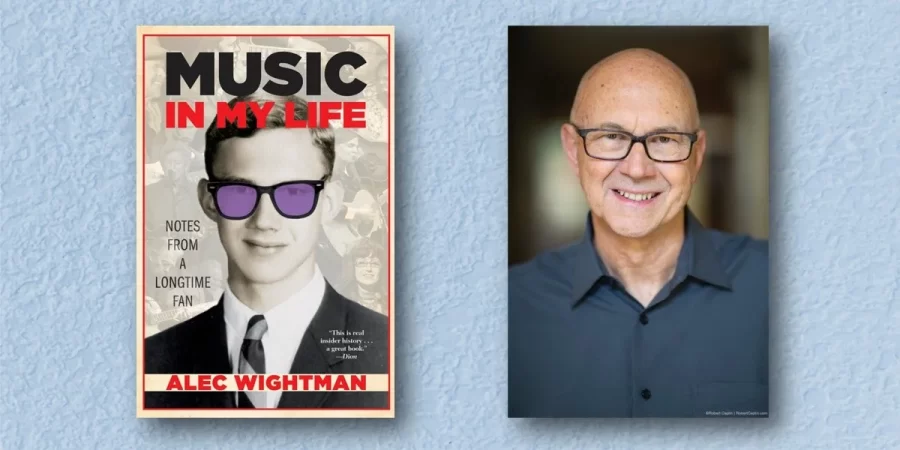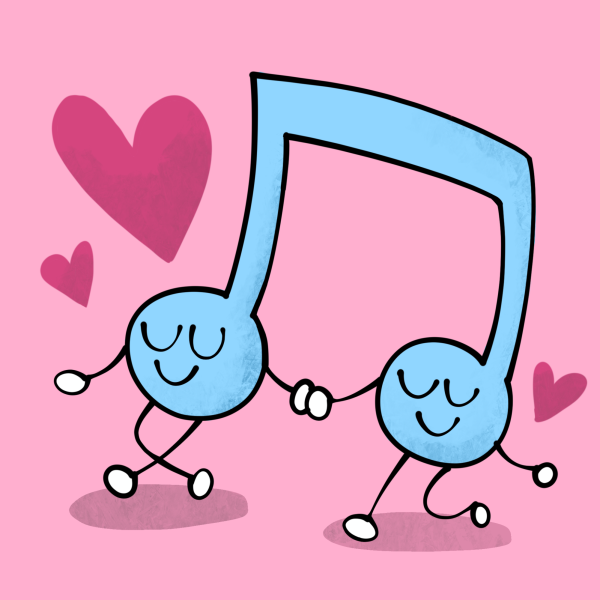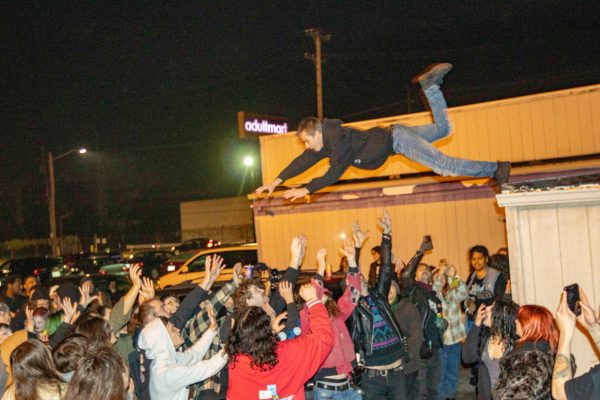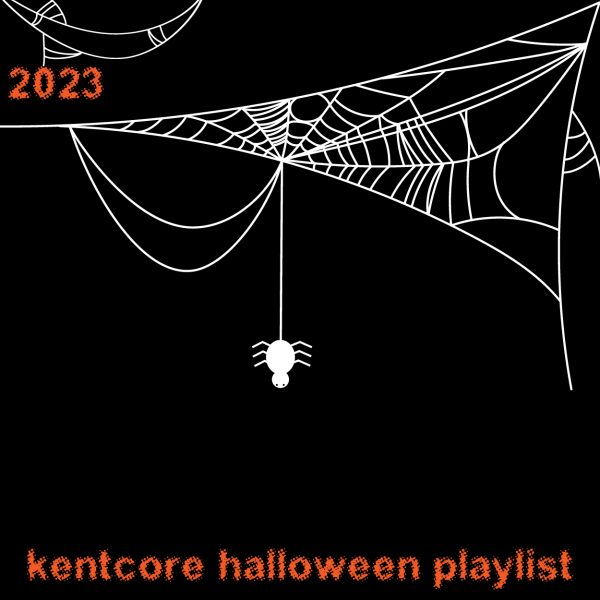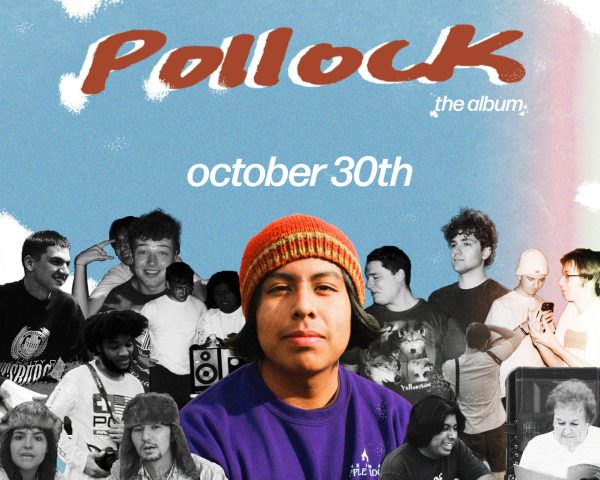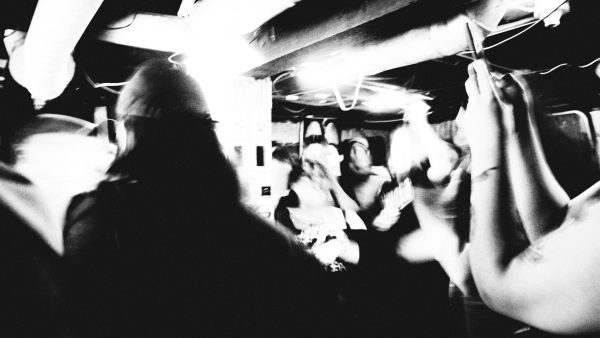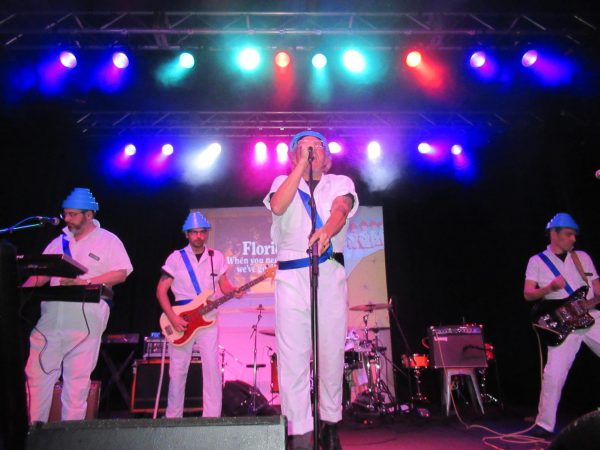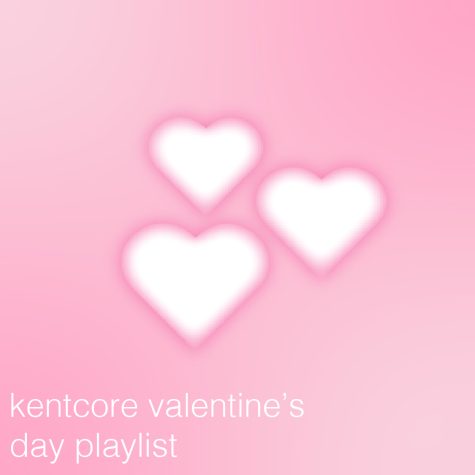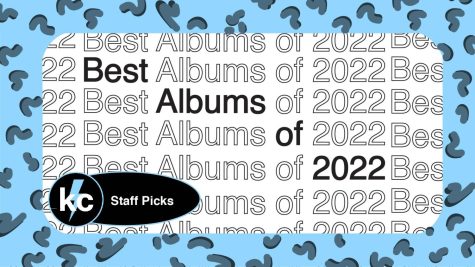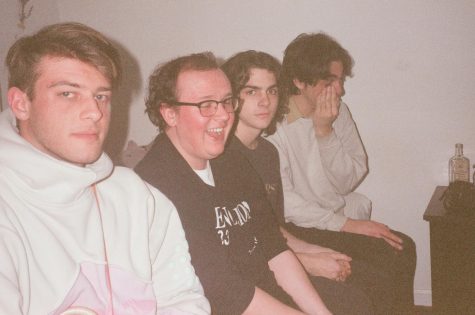Music in Alec Wightman’s Life
Photo courtesy of Grammercybooksbexley.com
If you’ve enjoyed the rock and roll of singer-songwriters in Columbus and Northeastern Ohio, or if you are a singer-songwriter who has played in those areas, you may have Alec Wightman to thank.
Wightman, a successful corporate lawyer by day, made it his passion project to promote artists he enjoyed by bringing them to Ohio through his concert production company, Zeppelin Productions. Eventually, he even found himself becoming a member, and then Chair of the Board for the Rock and Roll Hall of Fame.
In his newly released book, “Music in My Life: Notes From a Longtime Fan,” Wightman recounts what he calls “snippets” of this journey through rock and roll.
Wightman took the time, and the long drive from Columbus to Kent, to sit down with kentcore to talk about the book and his beginnings as a rock and roll patron of the arts.
Q: Your publicist mentioned this journey beginning with a transistor radio at a young age. Can you tell me about that story and discovering rock and roll?
A: Well we’re literally talking young, because 10 years old – got a transistor radio, and at least initially went to bed at night listening to Cleveland Indians baseball games. Somewhere along the line, stumbled into rock and roll, a rock and roll station in Cleveland. That transistor radio just opened the door. There was a station called WHK. WHK is probably still there, but at the time it was the premier rock and roll station in Cleveland. I would tune into it and there were songs that caught my ear, and the first one, as I talk about in the book, was Dion’s “The Wanderer.” You know, it just spoke to me.
Q: What was it like going from there? Was it mostly through the radio that you were discovering this new thing?
A: Well it certainly was initially. But, you know there came a point in time when I actually as a kid found Billboard magazine, which had the charts. I started to track, even as a kid, who the songwriters were and who produced the records, and if I found a commonality I’d kind of chase them down. We had a little record store in Euclid within walking distance of my house, and in, you know, early 60s I started buying records.
Q: Were you starting to get involved at all in music other than as a listener?
A: Not at all. Well, going to see live music–I certainly discovered live music at some point in the mid-60s. But, initially, I was just a listener and I’ve never had any musical talent, never played, sung, written, done anything but I do like to listen and see live music.
Q: So, some of the stuff you’ve mentioned I noticed was in the book … what was that decision like to make a book? Was there a moment where you sat down and said “I want to write this story of my journey?”
A: No, and in fact, through most of the exercise of writing I didn’t know I was writing a book. You know, 60 years of being a rock and roll fan, promoting national act singer-songwriters shows in Columbus for 26 years, many of whom would play across the street here at Kent Stage, … and then a deep involvement with the Rock and Roll Hall of Fame, those are kind of the three components of the book. But, all of those things give me stories to tell and I would sit around and tell stories. People said “You should write a book, you should write a book,” and I never seriously thought about doing it. I was a busy practicing lawyer, this stuff [music] was just for fun. And, at some point, late 2016, I had a knee replacement surgery and I had still been playing serious tennis three or four times a week, [now] the law career was slowing down a little, tennis was behind me, I had time on my hands and I started to jot down memories on three-by-five note cards–not exactly sure what I was gonna do with it, but I knew I was going to start to write something. I would write down names of artists, albums, concerts that I remembered–just things until I had a pretty good-sized stack. Then I spread them out on a table like this and I organized them one way, and another way, and another way, and I finally settled on what I called chronological with fast-forwards. So they move along chronologically, but almost everything had a fast-forward that would show up later in my life. So, 2017, at some point my wife had a cancer experience–she’s just fine–but I decided to start to write and I took those note cards and I would sit and write what I called snippets. I got about a third of the way, or what turns out to be a third of the way and I stopped. Two things: one, it was more about my life than it was about the music and I didn’t really intend that; and then I got to the chapter on Neil Young, and I know everything about Neil Young, and I turned it into a Neil Young Biography which was not my intention. So I put it down, and at some point I went back and edited it–I tightened it up. I didn’t really do much more with it until the pandemic.
Q: Really? That’s an interesting fact.
A: When the pandemic hit and I was in my house, we weren’t going out, I decided I would go back and give it a try. And so March through May of last year I wrote pretty intensely–every day, pretty much, a few hours and when I was done I had I think 56 of what I called snippets off of those note cards. I thought, “Well there’s some pretty good stuff here.” I still didn’t think it was a book. I thought maybe I’d do a blog and dribble stuff out. But, I sent it to 5 or 6 people and I said, “What do you think of this?” and I was surprised. Everybody thought it was cool, it was good. And the universal reaction un-dress rehearsed was, but, this is a book. Don’t dribble these things out. Go back and take it seriously. From that point forward I turned it into a book.
Q: So, before the pandemic, or rather right when the pandemic started, you had only had that first third done?
A: I would say about that, yeah.
Q: So you really put in a lot of time with it through that year of the pandemic.
Q: What has it been like since it published? It published fairly recently, have you had much of a response?
A: Yeah, you know I’ve sold a bunch. It’s available on Amazon, it’s available on Barnes and Noble online, it’s available at a local bookstore, I’ve got a couple boxes in my trunk in case anyone wants to buy one while we’re here. But, I’ve sold a bunch. The response has been [thumbs up]–maybe because most of the people, not all, but most of the people who have bought it are either friends or connected with me. But, I shouldn’t overstate that. I’ve been surprised to hear from people out there who bought it that I don’t have any connection with. Anyway, you know, nobody’s called and said they hated it. But, I’ve had a lot of people call and give me real positive feedback so it’s been fun.
Q: You mention how this started as something random, you didn’t quite know what you wanted to do with these snippets, these note cards. Has there ever been a time in your life where you wanted to be a writer? Wanted to write a book?
A: I wanted to be a lawyer from eighth grade on. I will say, the only time I flirted with doing something different was senior year at Duke. I got exposed through a seminar to a guy down there named Gene Patterson who had won the Pulitzer Prize for journalism at the Atlanta Constitution as an editor. … So I was exposed to him and I spent two summers as a reporter for the Euclid news journal, The Hometown Weekly, covering local politics and stuff, and I really flirted with journalism. I loved journalism and I had fun with it, but a handful of people persuaded me to stay with the legal career, which I did, thankfully. But no, there’s never been a point in time where I seriously thought I was going to write a book.
Q: Speaking of the law practice, are you still practicing?
A: For all intents and purposes I’m retired. I’m still a senior partner with BakerHostetler, big national law firm with its heritage office in Cleveland, and I developed a little niche practice late in my career of helping public company boards do their self-evaluations. So, interview the directors, anonymous and confidential, apply a little judgment, report back on what I’ve heard. That’s all I’m doing now that even comes close to resembling a practice of law.
Q: Well, something that I’m curious about–and I’m sure a lot of people would be curious about after reading your book–you opened up with that scene from 2013 in which you had mentioned experiencing something. You were bringing joy to a large crowd of people and you didn’t experience that as a lawyer–
A: [Chuckles] Yeah, it’s a different feeling.
Q: That kind of begs the question of what was that like for you when you were still in the thick of law practice, but also with your production company and also with the Rock and Roll Hall of Fame? What was it like juggling those things?
A: Well, it was challenging. I was a busy, busy lawyer. I got involved in law firm management and took that quite seriously, so I was a hard-working guy in terms of the day job. I used to joke, in terms of promoting shows, that I spent less time and money on that than many of my partners did on playing golf. So it really was not all that time-consuming because I got the routine down. I had a venue, I had a sound man, I never ran an ad, I sold tickets off of a mailing list. I developed relationships with agents and artists so it was certainly not a problem finding the talent. In fact, I was turning people away all the time because I could only do eight or ten shows a year max. But, it was a good release. It was healthy, it was fun, but I never gave up the day job so I never had the economic pressure. I was trying not to lose too much money, I wasn’t trying to make money.
Q: Are you still running the production company, Zeppelin Productions?
A: Absolutely, 27th year.
Q: What’s the story of Zeppelin Productions? As far as what made you start it and how you built up those relationships with the artists.
A: Well, it’s in the book, but I was always a fan of the singer-songwriters. I was always a fan, including big stars, but I was a fan of people under the radar. And in the early 80s, I had been introduced to the music of a guy named Tom Russel and I just thought he was tremendous. And at some point, I got on his mailing list. In the old days, there were actually these things–a piece of paper and you put it in an envelope, and you put a stamp on it and put it in a box and it showed up at somebody else’s house. So, I was on his mailing list, and in early 1995 I got a mailer, and on the back, there was a little box that said “If you know a venue in your town that would be appropriate for Tom, call this number.” So, it sat on my desk for six weeks and one day I called. I can’t even tell you what it was that inspired me that day to dial the number, and a guy answered that was doing his bookings and he said you’re not going to believe this, but Tom’s kicking off a little midwest tour in a couple of weeks and he’s got a date open between Pittsburgh and Detroit, so see what you can do in Columbus. So, I called every bar in town that did live music and said if you bring this guy I’ll sell 20 tickets, and they all laughed at me. I called [the booker] back and left a message and said sorry I couldn’t get it done. And the next day I was actually up in Cleveland, I was up here in Northeast Ohio in our firm’s office and I got a message from our secretary that Tom Russel had called–the man himself–and for me, that was somewhere between Springstein and Mick Jagger or something. So, I called him back and he said, “You gotta do something, I got nothing to do that night. Do anything.” And I had already told the guy I couldn’t get it done so I said, “Well, I don’t think so, but maybe next time.” And I hung up and I called my wife and I told her, “I just talked to Tom Russel!” And she said, “Oh, you gotta do this.” So, I knew a little venue in town, an old renovated firehouse that people used for a lot of things, but I had been to a couple small concerts there. And I called and it was available and I rented it out. Thursday night in early March 1995, and on eight days’ notice, I got 99 people there.
Q: After you had said you might sell 20 tickets?
A: 20 tickets. Every family member, friend, coworker, client, I literally knew every person in the room. And he came, and he did a great show–personalized it, told lawyer jokes, you know. And when it was done we went out afterwards, his guitar player Andrew Hart, and Tom and my family, and when it was done I thought, this is too good to be true, let’s keep doing this. And so, with a hiccup or two, I started doing it and basically built a talent off of artist referrals. So, one artist referring another, referring another. They’d get to know me, they’d know the gig, they knew the audience, they knew who would play. So, you know, here I am 27 years later.
Wightman is still a member of the Board for the Rock and Roll Hall of Fame, which is in the process of expanding, adding an additional 50,000 square feet. According to Wightman, the expansion will allow for much greater community involvement as it will allow for communal events and programs to take place.
Fans of rock and roll looking for a fresh summer read can purchase Wightman’s book “Music in My Life: Notes From a Longtime Fan” on Amazon, Barnes and Noble Online and at the Rock and Roll Hall of Fame gift shop.
Wightman will be doing a live interview and book signing on Wednesday, July 25, at the Rock and Roll Hall of Fame. Information can be found on the Rock and Roll Hall of Fame website.
Your donation will support the student journalists of Kent State University. Your contribution will allow us to purchase equipment and cover our annual website hosting costs.

